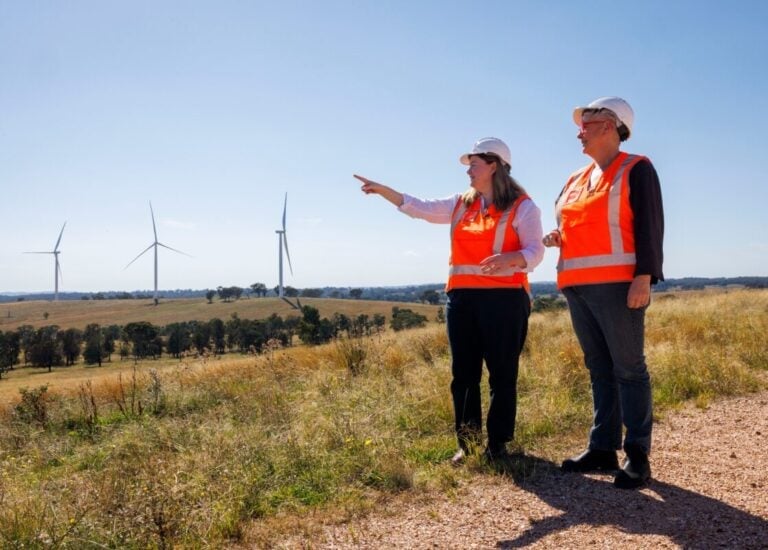The ESC operates as a government-backed investor, co-investing alongside private sector partners to address critical gaps in the energy market. By targeting areas that require additional financial support, the ESC seeks to fast-track the state’s energy transition and bolster grid reliability.
Investment Mandate: energy storage and VPPs
As reported by our siter site Energy-Storage.news earlier this year, the ESC will invest in short to long-duration energy storage (LDES) projects as part of its first Investment Mandate.
Specifically, the ESC will accelerate investment in renewable energy assets, including large-scale battery energy storage systems (BESS), community batteries, pumped hydro energy storage (PHES), and virtual power plants (VPPs).
The Investment Mandate will also cover projects that upgrade infrastructure to ensure the smooth operation of the grid and support the uptake of consumer energy resources in households, businesses, and the community, such as VPPs.
Government vision for energy security
The New South Wales Minister for Climate Change and Energy, Penny Sharpe, emphasised the importance of the Energy Security Corporation in securing the state’s energy future.
“The corporation will collaborate with the private sector to plug investment gaps, ensuring we keep the lights on and prices down for New South Wales residents and businesses,” Sharpe stated.
The ESC was established under the Energy Security Corporation Act 2024. According to its official website, the organisation will invest between AU$25 million and AU$150 million per project.
The state’s ESC will result in an overall expansion of private sector renewable energy investment in New South Wales, similar to how the Commonwealth’s Clean Energy Finance Corporation (CEFC) has expanded total renewable energy investment across Australia.
To read the full article, please visit our sister site Energy-Storage.news.
